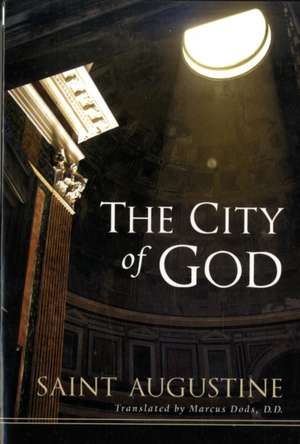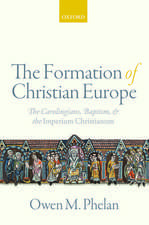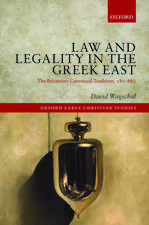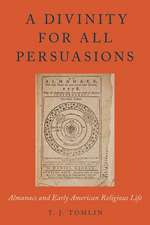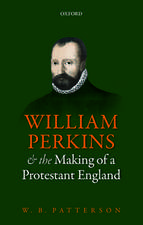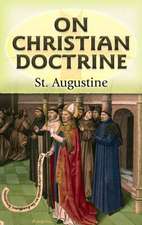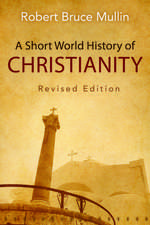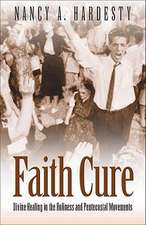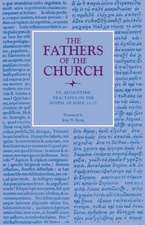The City of God
Autor Edmund O. P. Augustineen Limba Engleză Paperback – 28 feb 2009
Preț: 126.98 lei
Nou
Puncte Express: 190
Preț estimativ în valută:
24.30€ • 25.43$ • 20.22£
24.30€ • 25.43$ • 20.22£
Carte disponibilă
Livrare economică 11-25 martie
Preluare comenzi: 021 569.72.76
Specificații
ISBN-13: 9781598563375
ISBN-10: 1598563378
Pagini: 804
Dimensiuni: 152 x 226 x 43 mm
Greutate: 0.82 kg
Editura: Hendrickson Publishers
Locul publicării:United States
ISBN-10: 1598563378
Pagini: 804
Dimensiuni: 152 x 226 x 43 mm
Greutate: 0.82 kg
Editura: Hendrickson Publishers
Locul publicării:United States
Notă biografică
Aurelius Augustinus, Augustine of Hippo (November 13, 354-August 28, 430) is a saint and the pre-eminent Doctor of the Church according to Roman Catholicism; he was the eldest son of Saint Monica. In the Eastern Orthodox Church, which does not accept all of his teachings, he is usually called "Blessed Augustine." Many Protestants consider him to be a spiritual ancestor of Protestantism, in the sense that Protestantism's founder Martin Luther was deeply influenced by him (Luther was trained as an Augustinian monk).
